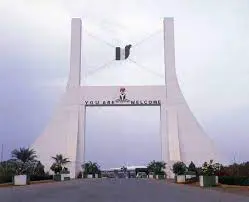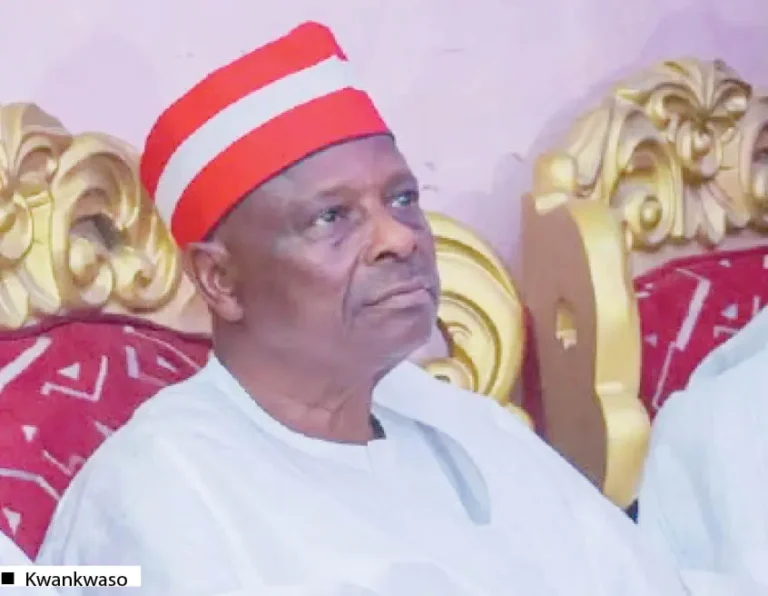
OUR legislators cut a pitiable sight when they complain about being cheated in the political intrigues parties call primaries. Many of them are the first to run to the media with their complaints.
In those moments, they forget the media are limited in their abilities to investigate the issues that they raise. The more detailed ones would have encountered the same challenges in obtaining otherwise public documents like the results of elections in dispute.
Welcome again to the debates about the Freedom of Information Bill. When we are losers in some games, we want access to information on the matter, we want the public to know, we want everyone to be privy to what transpired.
Many think journalists will be beneficiaries of the Freedom of Information Bill. To deny them this privileged status, the National Assembly, has in 12 years tossed the bill about, making appropriate noises about the bill’s importance when it thinks it will gain some attention from such utterances.
When the National Assembly was accused of wasting public funds through huge allowances it awarded legislators, the same legislators expected the media to come to their rescue with figures to counter the claims. They forgot that official figures on these issues were not accessible to the media.
The Freedom of Information Bill that would have granted access to information to the public has been denied through the workings of politicians, who dread the prospects of their activities being public knowledge. Many aspects of the bill have been moderated to allay fears of those who think the bill as law will grant the media too much powers.
Yet nobody is willing to pass the law. The legislators wait for the end of their four-year session to start paying undue attention to the bill. Whatever motions they make are useless by the beginning of another legislative session.
The closest the bill came to becoming law was in 2007. With all the work done, President Olusegun Obasanjo refused to sign the bill into law, arguing over its title. The National Assembly on its part did not use the constitutionally available powers to over ride him.
Once the political powers are able to address their hurt interests, they will forget the bill again. Fears of the public knowing more about government affairs fuel hatred for the bill more than supposed powers it will grant the media.
Those who oppose democratic extension of rights should note that fettering the media in Tunisia and Egypt did not stop the people rising against bad governments.







